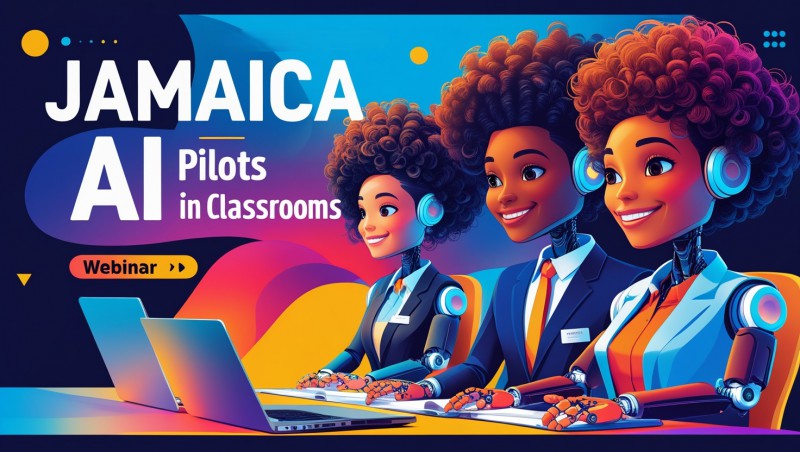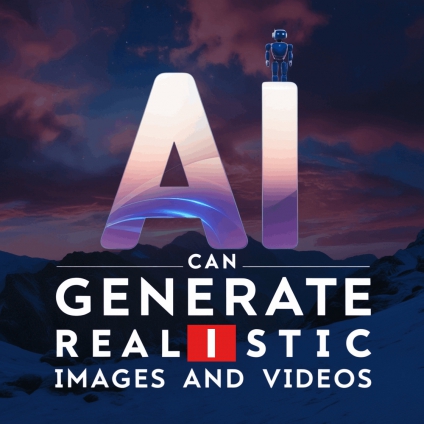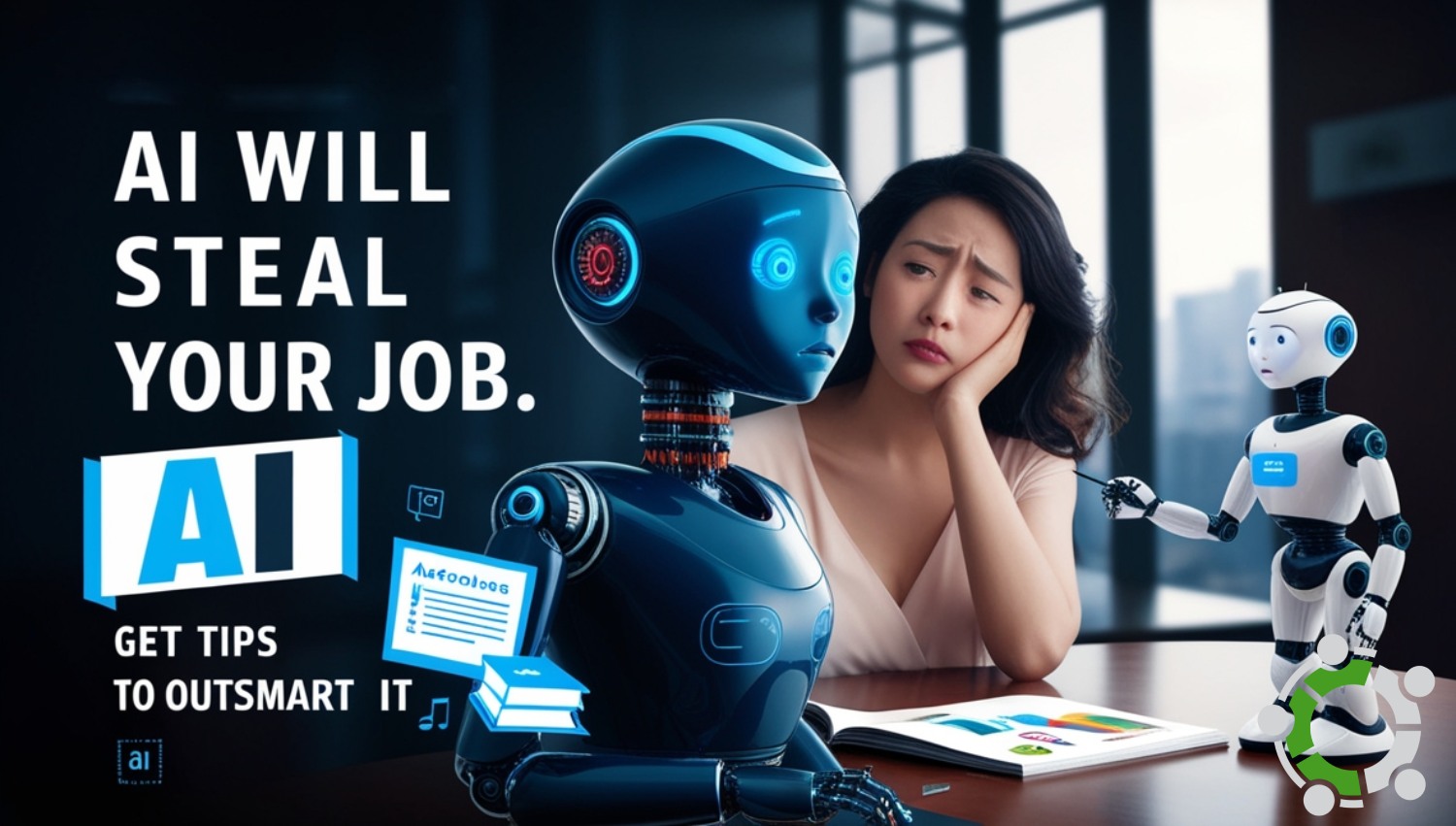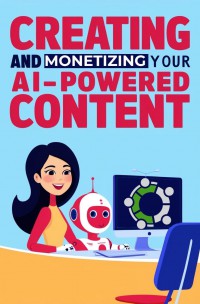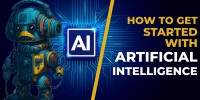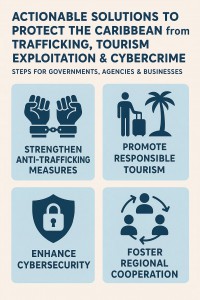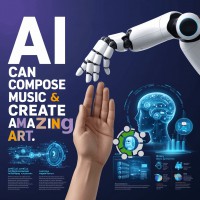MONETIZE & BOOST CONTENT
Monetizing your FREE webinars and related content has never been easier. Use our platform to list your events and onboard new affiliates as well as guests. Earn $1.00 for each new guest you onboard, share up to 70% of tipping and membership revenues and promote your webinar(s) to reach new global markets.
Drive earnings and expand reach to include listing of your webinar on upto 6,000 + event calendars, blogs and social media groups.
NINE MONETIZATION BENEFITS
- Earn $1 for each new collaborator/registration
- Share up to 70% of tipping revenues
- Share up to 12.5% of e-commerce revenues
- Share up to 50% of membership upgrades
- Share up to 30% of hosting upgrades
- Share up to 12.5% of your team's earnings
- Transform supporters into your affiliates
- Build viral fan networks
- Identify affiliates to promote your webinars
Save & Earn $10K Per Month
The Role of Humans in an AI-Driven World: Adapting and Thriving in the Age of Automation
Build CollaborateAs artificial intelligence (AI) continues to evolve and take on an increasing array of tasks traditionally performed by humans, it prompts a critical question: If AI can do all these things, what is left for humans to do? The answer lies not in competing with AI, but in leveraging its capabilities to enhance human potential. Those not prepared for this shift may find themselves at a disadvantage, underscoring the importance of adaptation and learning in this new era.
AI is a technology that mimics human cognitive functions, enabling machines to perform tasks that once required human intelligence. Machine Learning (ML), a subset of AI, allows computers to learn from data and improve over time without being explicitly programmed. Deep Learning (DL), a further subset of ML, uses neural networks inspired by the human brain to process vast amounts of data with remarkable accuracy and speed.
The Expansive Capabilities of AI
AI's abilities are extensive and impactful across various sectors:
- Voice Assistants: AI powers Siri, Alexa, and other voice assistants, enabling them to understand and respond to human queries.
- Recommendation Systems: AI drives the recommendation engines of Netflix and Amazon, personalizing user experiences based on their preferences.
- Self-Driving Cars: AI enables autonomous vehicles to navigate and make decisions on the road.
- Facial Recognition: AI can recognize and analyze faces in photos and videos.
- Chatbots: AI simulates human conversation, providing customer support and engaging users.
- Fraud Detection: AI detects fraudulent activities in financial transactions.
- Medical Diagnosis: AI can diagnose diseases from medical images, enhancing healthcare accuracy and efficiency.
- Natural Language Processing: AI understands and processes human language, facilitating translation and communication.
- Supply Chain Optimization: AI improves logistics and supply chain management.
- Predictive Maintenance: AI predicts machinery failures, reducing downtime and maintenance costs.
- Content Creation: AI generates realistic images, videos, and even music and art, transforming creative industries.
The Human Element: Roles and Opportunities
Despite AI's impressive capabilities, there remains a critical need for human skills and ingenuity. Here are some areas where human involvement is indispensable:
- Creativity and Innovation: Humans excel in creative thinking and innovation. While AI can generate content, humans provide the original ideas and creative direction.
- Emotional Intelligence: AI lacks genuine emotional intelligence and empathy. Human interactions, especially in caregiving, counseling, and customer service, benefit from human emotional understanding.
- Strategic Thinking: Complex decision-making and strategic planning require a human touch, particularly when considering ethical implications and long-term impacts.
- Adaptability: Humans are uniquely capable of adapting to new and unforeseen challenges. In dynamic environments, this flexibility is crucial.
- Ethics and Morality: Ethical considerations and moral judgments are inherently human responsibilities. As AI systems impact society, human oversight ensures these technologies align with societal values and norms.
- Leadership and Management: Leading teams, managing projects, and inspiring people are roles where human leadership is essential.
- Interpersonal Skills: Building relationships, networking, and effective communication are areas where humans naturally excel.
- Complex Problem Solving: While AI can process data and provide solutions, human intuition and experience are vital in addressing multifaceted problems.
Embracing the AI Revolution
To thrive in an AI-driven world, humans must embrace lifelong learning and adaptability. Here are key steps to prepare for the future:
- Education and Training: Continuous learning in AI and related fields will keep individuals relevant and competitive in the job market.
- Collaboration with AI: Leveraging AI as a tool rather than viewing it as a competitor can enhance productivity and innovation.
- Focus on Soft Skills: Developing skills such as critical thinking, emotional intelligence, and creativity will complement AI capabilities.
- Stay Informed: Keeping up with technological advancements and understanding their implications will help individuals and organizations navigate the evolving landscape.
Ethical Considerations and AI Governance
- AI Governance: It is important to identify the frameworks and regulations governing the ethical use of AI. This knowledge can provide a more in-depth understanding of how to ensure AI developments align with societal values. This includes issues related to data privacy, algorithmic transparency, and accountability.
- Bias and Fairness: You will succeed by highlighting the challenges of AI bias and the importance of developing fair and unbiased AI systems can add depth to the discussion on ethical AI.
Economic Impact and Workforce Transformation
- Job Displacement and Creation: While AI automates certain tasks, it also creates new job opportunities. Research the types of jobs that are being displaced and those that are emerging can provide a balanced view of AI's impact on the workforce.
- Reskilling and Upskilling: Your research should focus on the importance of reskilling and upskilling programs to help workers transition into new roles created by AI technologies.
AI in Specific Industries
- Education: Find out what is AI's role in personalized learning and administrative efficiency in the education sector can be explored. This includes AI tutors, grading systems, and administrative support.
- Environment and Sustainability: Specifically, determine how AI contributes to solving environmental challenges, such as optimizing energy use, monitoring wildlife, and predicting natural disasters.
Technological Limitations and Challenges
- Current Limitations: Determine the current limitations of AI, such as its inability to understand context deeply or exhibit true creativity, can present a realistic picture of what AI can and cannot do.
- Data Dependency: Be sure to highlight the dependency of AI on large datasets and the challenges associated with data quality and availability.
AI and Human Collaboration
- Augmented Intelligence: Focus your research on the concept of augmented intelligence, where AI enhances human capabilities rather than replacing them, can be an optimistic approach to human-AI collaboration.
- Case Studies: Examine case studies or real-world examples of successful human-AI collaborations can illustrate practical applications of the concepts discussed.
Future Trends and Predictions
- Future AI Developments: Identify potential future advancements in AI, such as quantum computing, improved natural language processing, and more advanced robotics.
- Societal Impact: Exploring how these advancements might shape society, culture, and everyday life in the coming years.
Conclusion
AI's rapid advancement brings both opportunities and challenges. While AI can perform a wide range of tasks, human ingenuity, creativity, and emotional intelligence remain irreplaceable. Those who adapt and learn to work alongside AI will find new ways to thrive, while those who resist may struggle to keep up. By embracing AI as a powerful ally, humans can unlock new potentials and drive forward a future where technology and humanity coexist harmoniously.
Click here to learn more about the AI Made Simple Webinar Series.
Actionable Solutions to Protect the Caribbean from Trafficki..
Build Collaborate
13 Views 7 hours ago
Why Jamaica Produces So Many Musical Legends: The African Ro..
Dunn, Pierre, Barnett & Company Canada Ltd
1K Views 4 days ago
Pamper Me Network Joins Forces With SAHOP to Launch Retireme..
Build Collaborate
243 Views 1 week ago
How Soon Should You Start Planning for Retirement? The Soone..
Build Collaborate
221 Views 1 week ago
How To Make Money With Social Rewards Technology? #NFT #Adve..
Build Collaborate
785.5K Views 2 years ago
AI Can Compose Music & Create Amazing Art: Exploring the Cre..
Build Collaborate
473.4K Views 1 year ago
Innovating The Way You Network & Monetize Online With Social..
Build Collaborate
227.2K Views 1 year ago
Why AI is the Greatest Invention of the Last Century: Transf..
Build Collaborate
99.4K Views 1 year ago
How Can You Fund Your Crypto Or Blockchain Project: Explorin..
Build Collaborate
97.6K Views 1 year ago
MONETIZE & BOOST CONTENT
Monetizing your FREE webinars and related content has never been easier. Use our platform to list your events and onboard new affiliates as well as guests. Earn $1.00 for each new guest you onboard, share up to 70% of tipping and membership revenues and promote your webinar(s) to reach new global markets.
Drive earnings and expand reach to include listing of your webinar on upto 6,000 + event calendars, blogs and social media groups.
NINE MONETIZATION BENEFITS
- Earn $1 for each new collaborator/registration
- Share up to 70% of tipping revenues
- Share up to 12.5% of e-commerce revenues
- Share up to 50% of membership upgrades
- Share up to 30% of hosting upgrades
- Share up to 12.5% of your team's earnings
- Transform supporters into your affiliates
- Build viral fan networks
- Identify affiliates to promote your webinars
Activate Tipping, Donations & Social Rewards
Register Now
Support This Creator
Thank you [ Name of Creator ]
Email:
COPY TEXT BELOW, OPEN EMAIL CLIENT, CREATE NEW MESSAGE, PASTE TEXT FROM CLIPBOARD & SEND MESSAGE
I thought you might be interested in this content/opportunity:
You can review at
Whatsapp:
COPY TEXT BELOW, OPEN WHATSAPP, CREATE NEW MESSAGE, PASTE TEXT FROM CLIPBOARD & SEND MESSAGE
I thought you might be interested in this content/opportunity:
You can review at
Instagram:
COPY TEXT BELOW, OPEN INSTAGRAM& CREATE NEW DIRECT MESSAGE, PASTE TEXT FROM CLIPBOARD & SEND MESSAGE
I thought you might be interested in this content/opportunity:
You can review at
Skype:
COPY TEXT BELOW, OPEN SKYPE& CREATE NEW DIRECT MESSAGE, PASTE TEXT FROM CLIPBOARD & SEND MESSAGE
I thought you might be interested in this content/opportunity:
You can review at
Snapchat:
COPY TEXT BELOW, OPEN SNAPCHAT, CREATE NEW CHAT, PASTE TEXT FROM CLIPBOARD & SEND MESSAGE
I thought you might be interested in this content/opportunity:
You can review at
